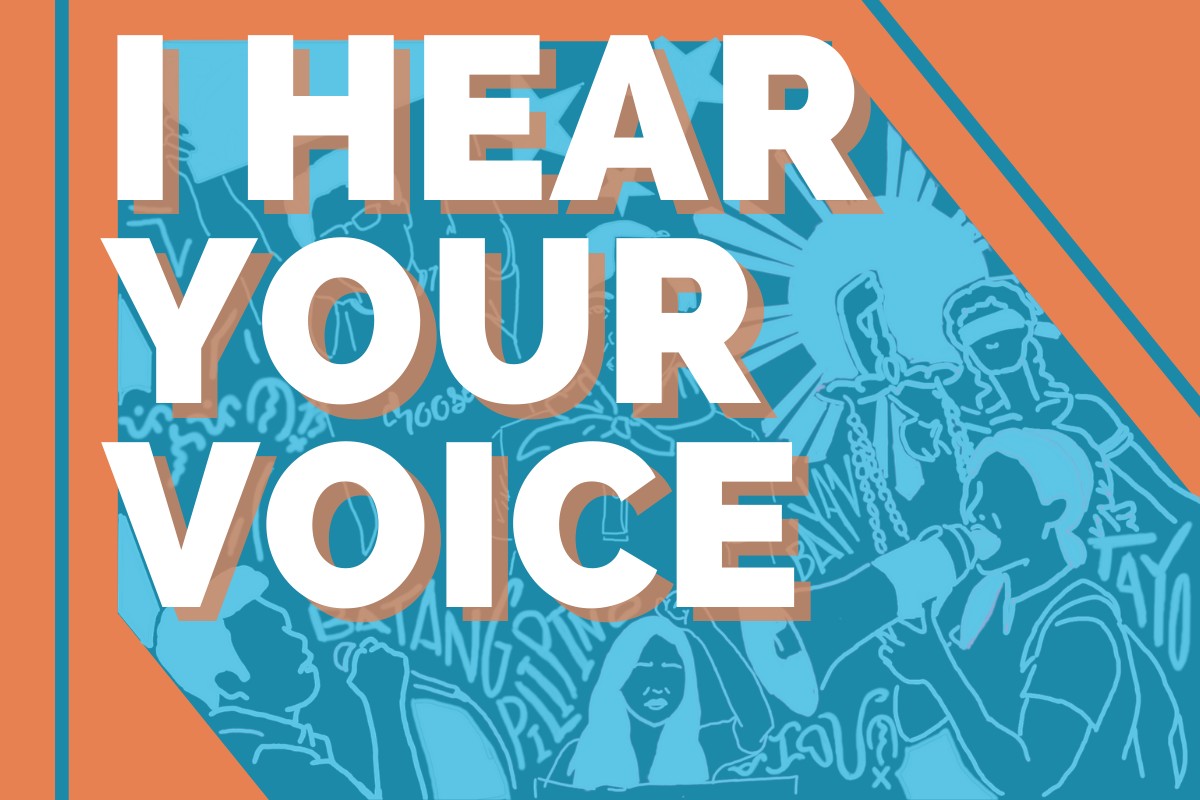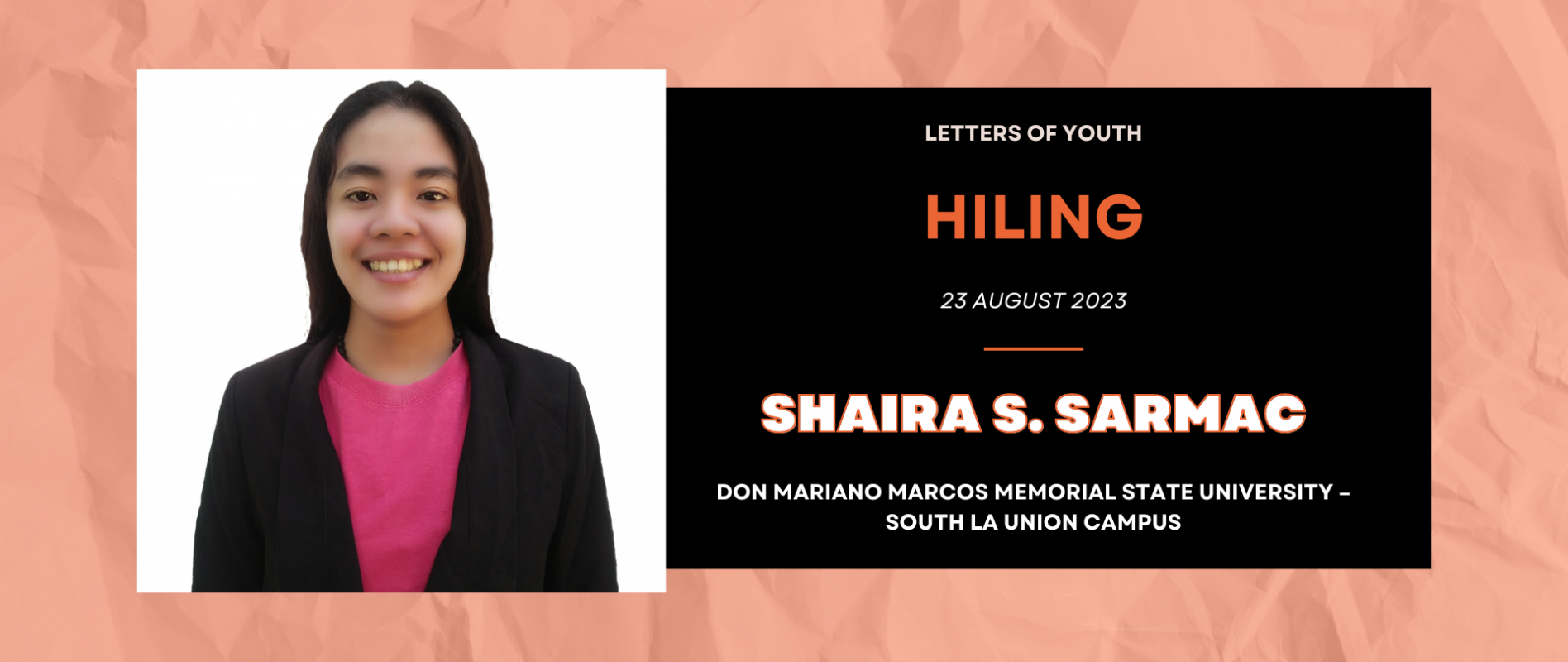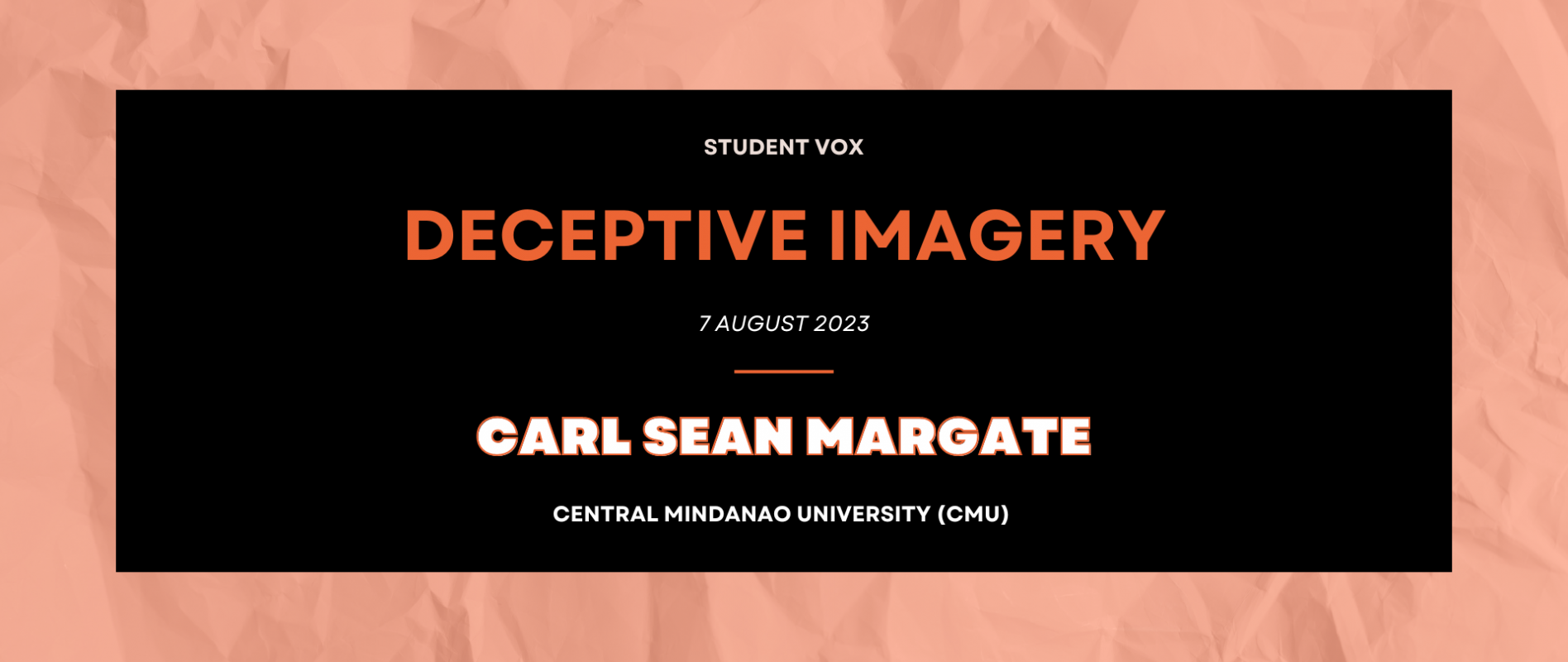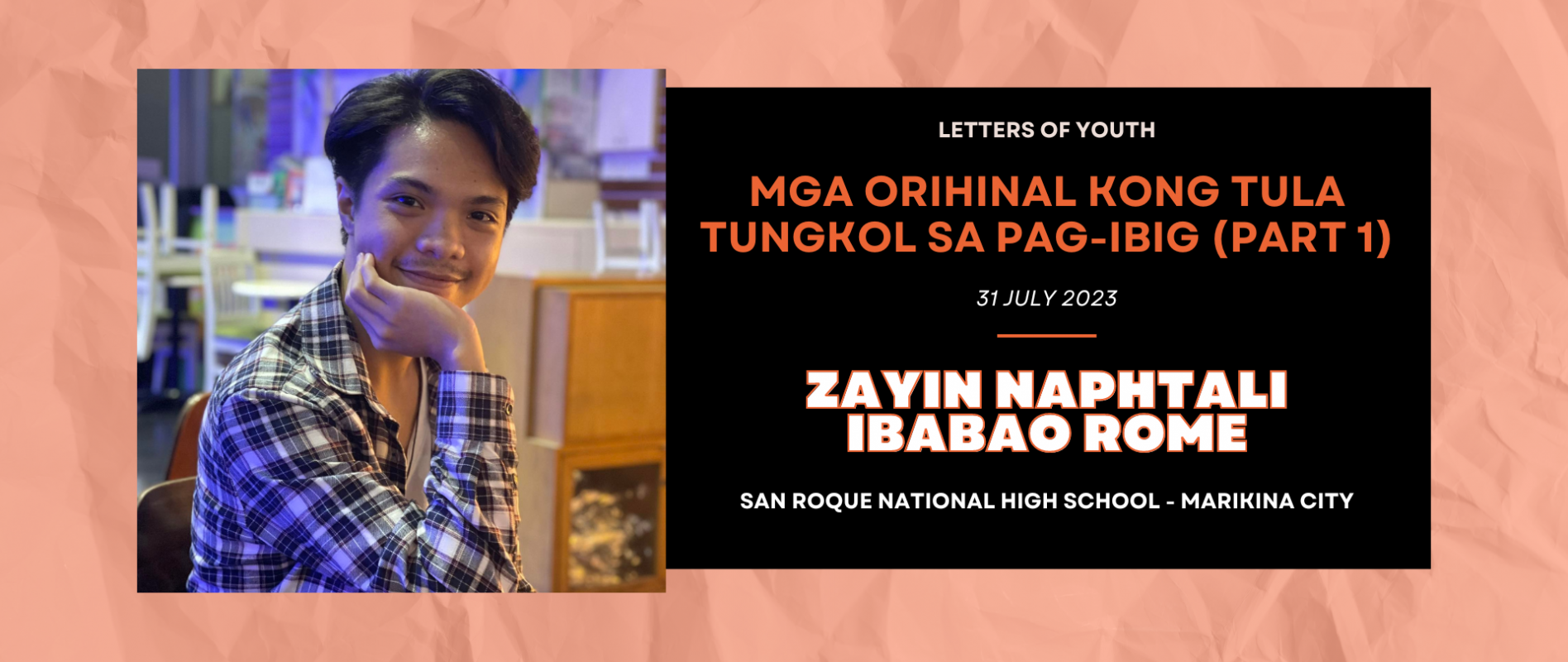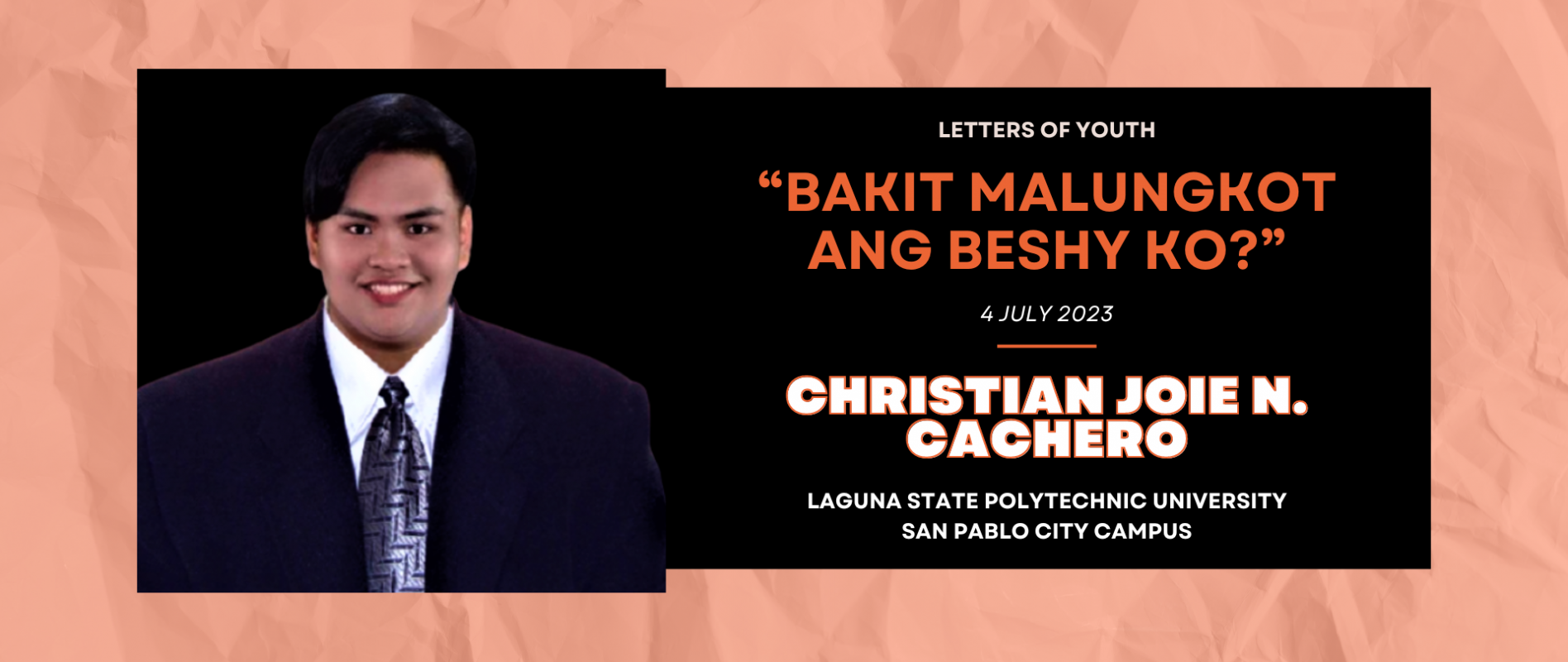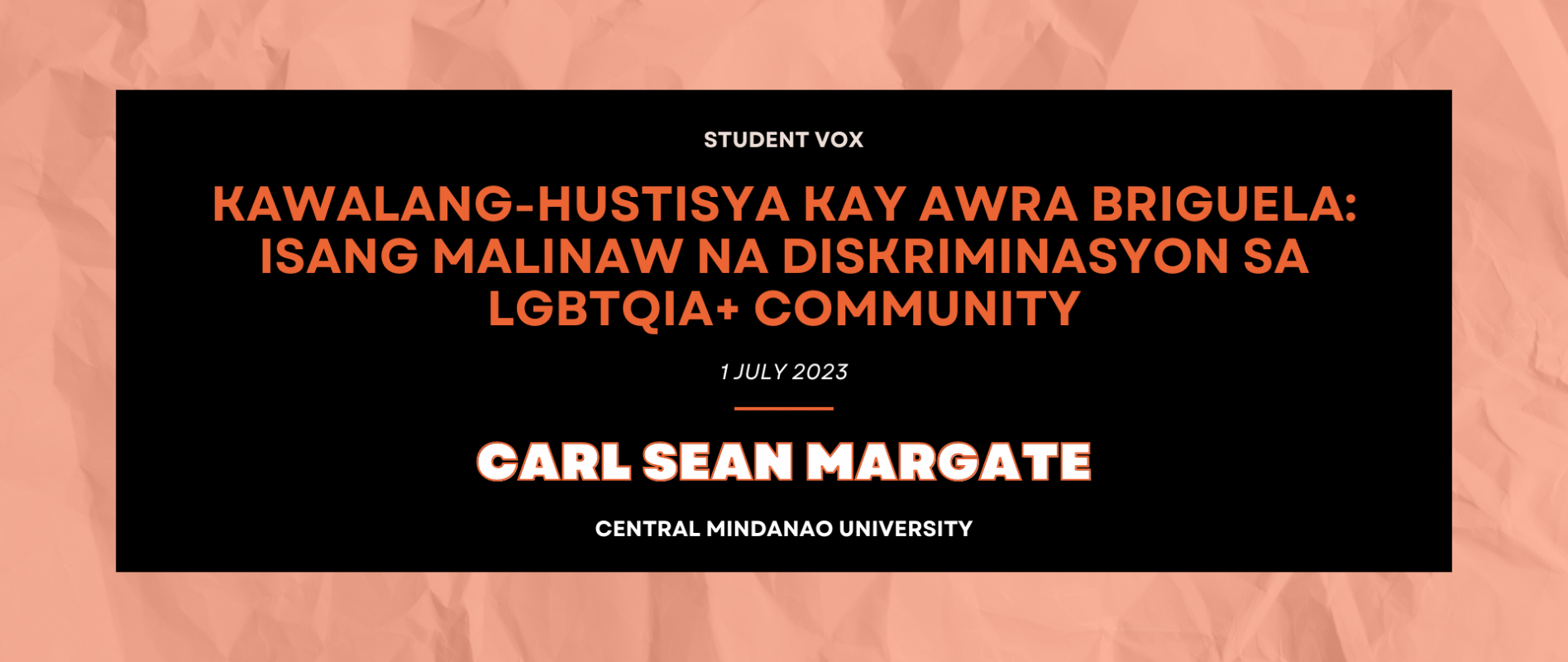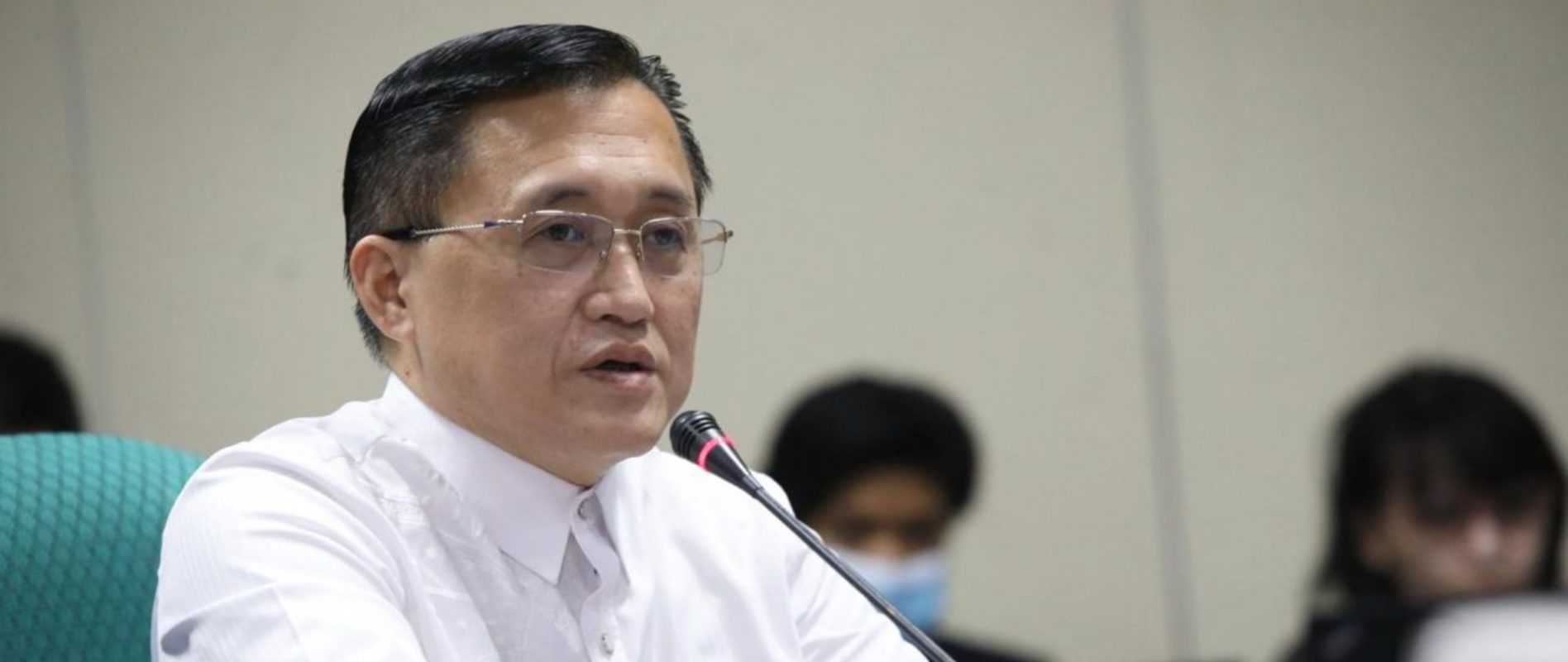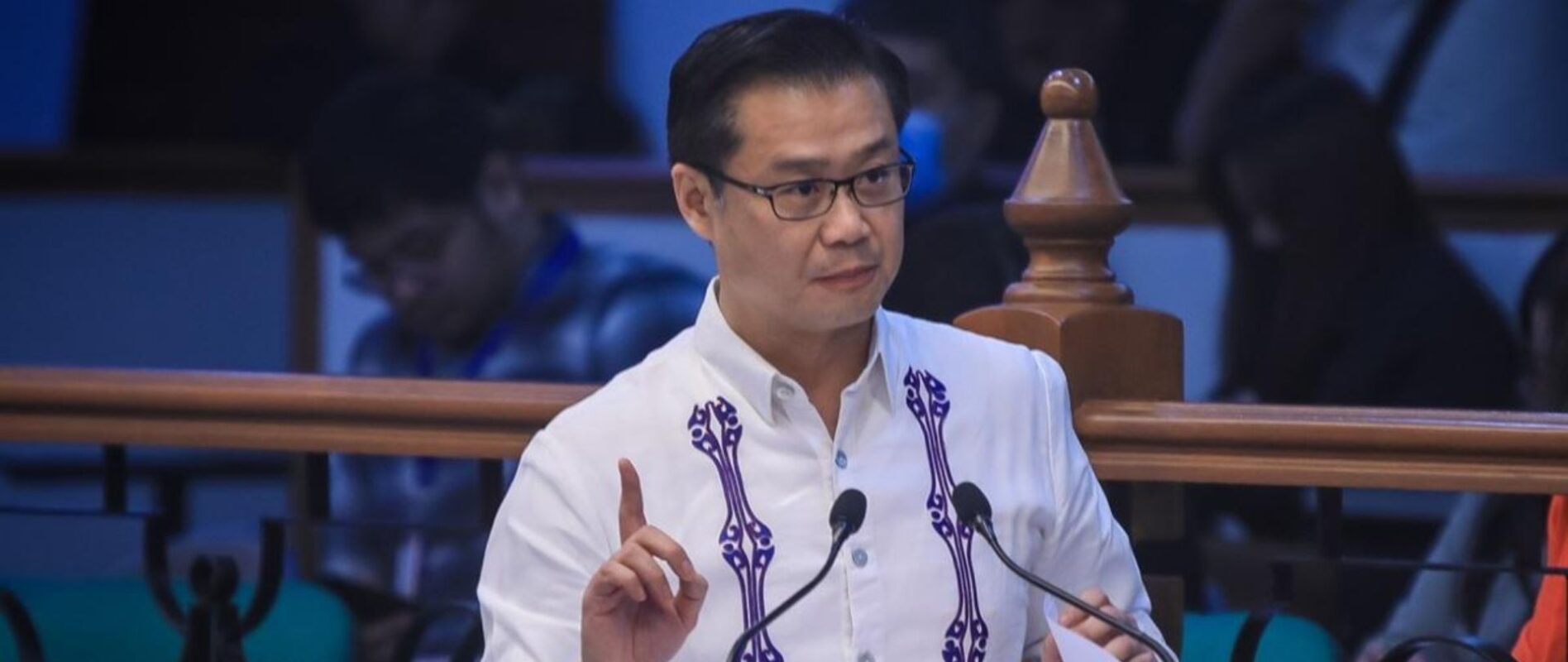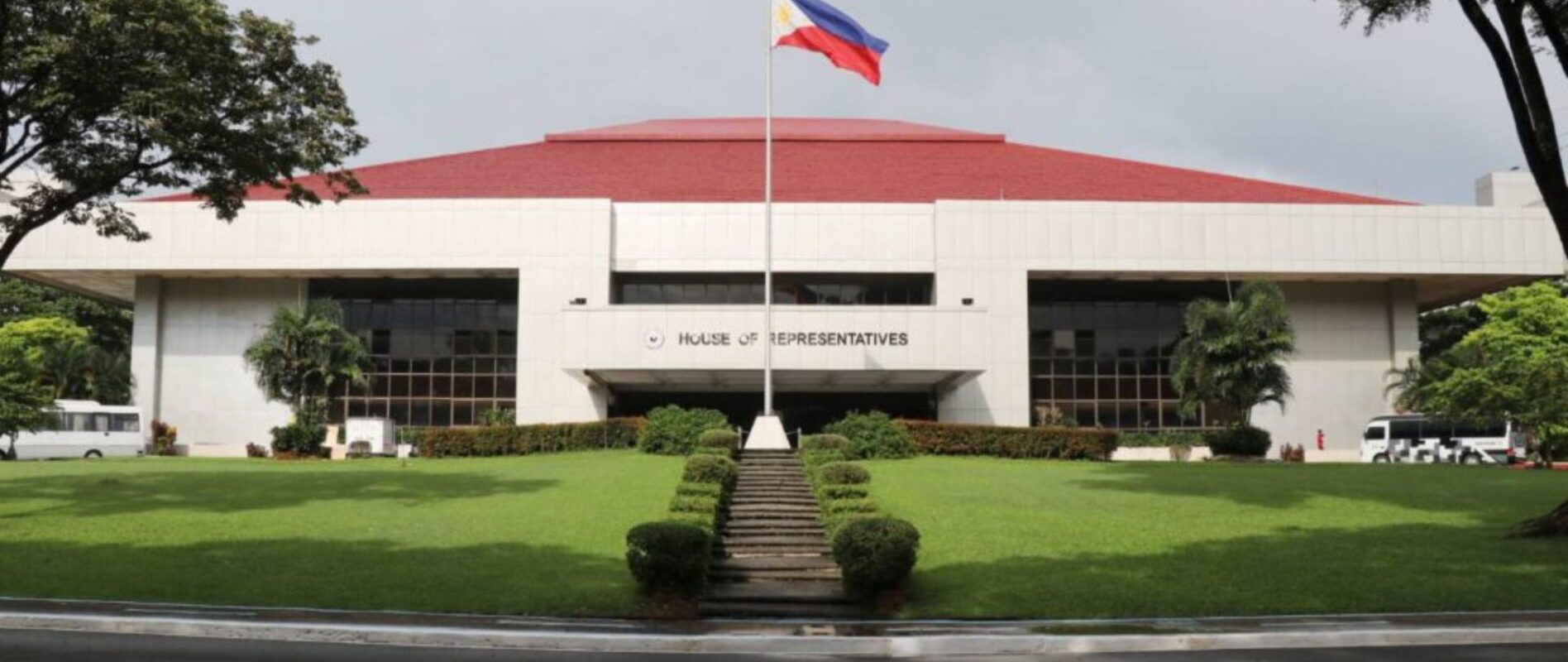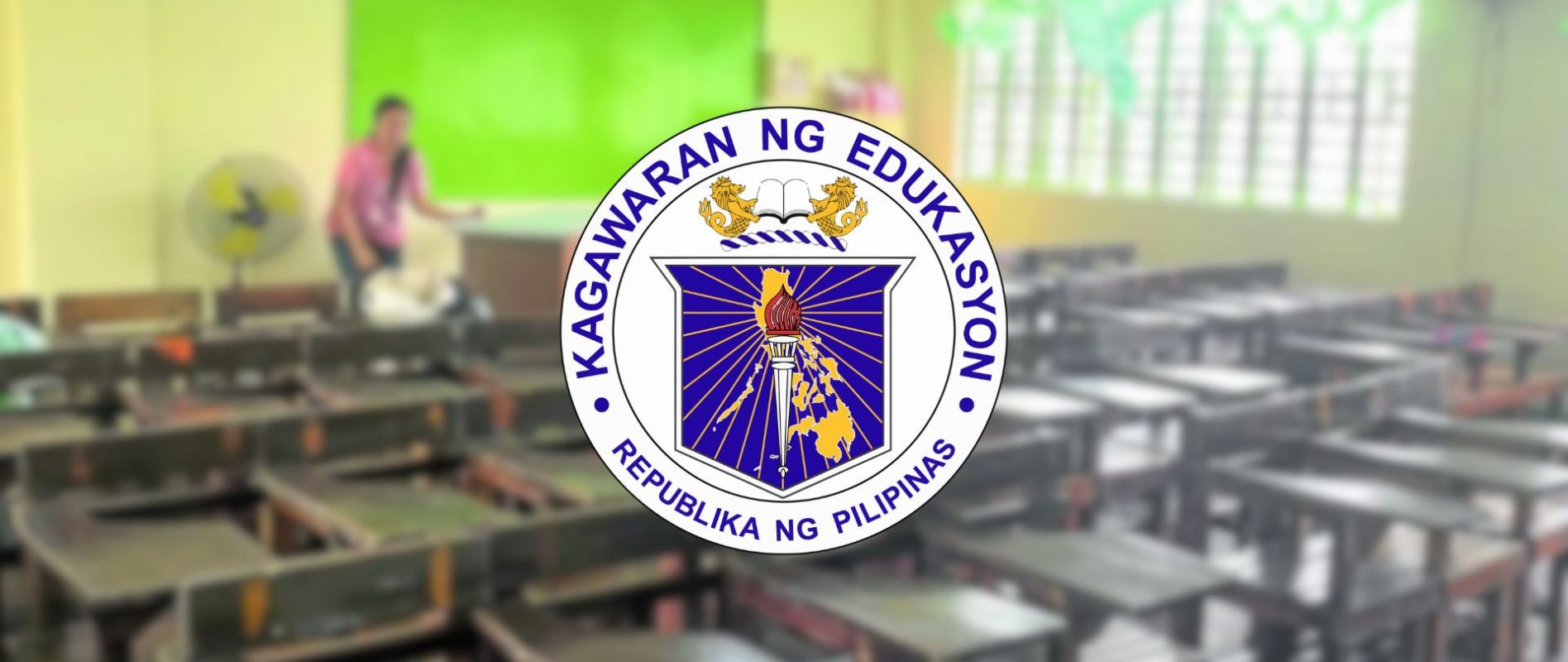WE BEG YOUR PARDON?
It is settled that holding the highest elective office in the land gives one political and legal power that cannot be questioned by any government agency, not even by the courts. It can be said that its exercise lies with the person who the people elected as president, to whom their powers are reposed and entrusted with the hope that it will be exercised in good faith and for the common good. Representation through elections is the hallmark of a republican and democratic state.
Much has been said about the decision of President Rodrigo Duterte to grant pardon to convicted US Marine Joseph Pemberton. To recall, Pemberton was convicted of homicide for killing Jennifer Laude last 2014. The heavily publicized gruesome death of the Filipina transwoman gained global attention as different LGBT community and civil rights groups branded the incident a hate crime. Pemberton was found guilty and was supposed to serve 10 years behind bars but that changed in an instant when the president granted him a presidential pardon saying that Pemberton was treated ‘unfairly’.
A presidential pardon is always discretionary. The grant may be unusual, surprising, even traitorous for some, but definitely within the bounds of the legal sphere. No court can inquire as to the wisdom behind such action because the power is exclusively granted to the president.
However, to say that Pemberton was treated unfairly is an unfair evaluation not just for the family of Jennifer Laude, but most importantly, to our judiciary. It needs to be said that Pemberton was afforded due process; and even when the guilty verdict was handed down, he was delivered to a detention cell especially built for him, in recognition of the Philippines’ relationship and existing treaties with the United States.
The Philippines’ justice system without a doubt needs fixing. Ordinary people’s relationship with it is unsettled, with distrust running deep and misconceptions still flowing. Adding to its woes are careless pronouncements such as this coming no less from a popular president with a loyal following, most are heavily and admirably protective, at times rabid, to the point that they take the President’s words as their gospel of truth.
Not losing sight and considering what happened before the pardon was granted, it can be inferred that what triggered the grant of pardon was the application of the controversial GCTA Law in the case of Pemberton. The GCTA law which first attracted widespread criticism when it was initially reportedly used in favor of convicted murderer-rapist Antonio Sanchez. The GCTA Law opened a can of worms that led to the firing of the Bureau of Corrections Chief Nicanor Faeldon. That same law revealed the new corruption scheme of some BuCor officials labeled as ‘GCTA for sale.’ The issue spawned numerous senate hearings but ultimately died naturally. Until it resurfaced when Pemberton’s counsel Rowena Garcia-Flores filed an urgent motion seeking Pemberton’s release on the basis of good conduct as computed using the GCTA law. This sparked outraged from Laude’s family and the LGBTQ community considering that 2014 was barely just six years ago. The response was simply the grant of pardon.
The president used his discretion, citing unfair treatment Pemberton experienced, whatever that is, and granted Pemberton pardon.
Trying to explain the wisdom behind such, Presidential Spokesperson and Laude’s former counsel Harry Roque’s personal guess is that Pemberton’s early release was in consideration for the COVID-19 vaccine being developed by the United States. Considering his active participation in the prosecution of the case, going the lengths of marching down the streets, and holding rallies, Roque appeared at peace and just simply said that he trusted the wisdom behind the president’s decision. In total contrast when he fiercely fought to put Pemberton behind bars, Roque’s total submission to the president’s action speaks volumes.
In an attempt to downplay the gravity of the pardon, Chief Presidential Legal Counsel Salvador Panelo, a former lawyer for convicted Sanchez who also referred the convicted mayor’s application for clemency last year, compared the pardon granted by Aquino in favor of William Robert Burton, a British national who was convicted of drug trafficking in 1992. Burton tried to smuggle marijuana to the country. He said that Pemberton did not commit a heinous crime since he was found guilty of homicide. “Nasa record po ‘yun na si Presidente Aquino may pinardon na Amerikano at alam mo ‘yung crime niya? Drugs. Oh eto nga homicide lang eh.” Panelo denied the accusations of downplaying but his comparison between the two cases is undeniably inappropriate, if not downright illogical. Atty. Panelo might have forgotten the concept of mala in se and mala prohibita. It may have slipped his mind due to the sheer amount of workload in his office. But between marijuana smuggling and killing a person, there’s no doubt it is the latter which is more reprehensible and morally wrong. To claim otherwise tells much about a person’s principles and concept of justice.
The recent happenings in the Philippines leave many in awe. People will always choose a side but it is certain that before they do, all ask this question: We beg your pardon? And in these times, that question carries a lot of emotion.

